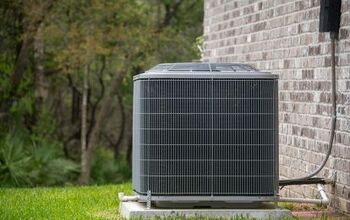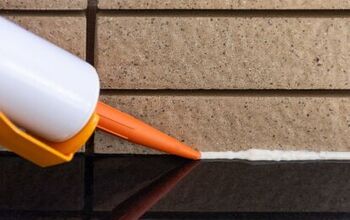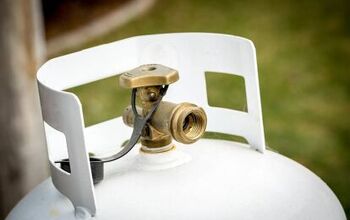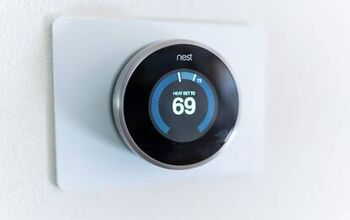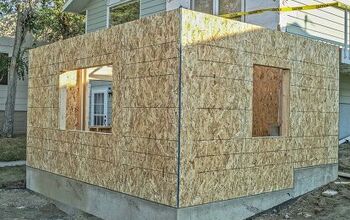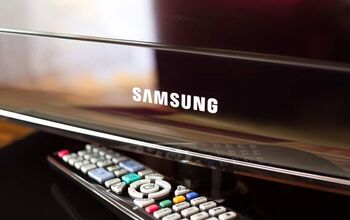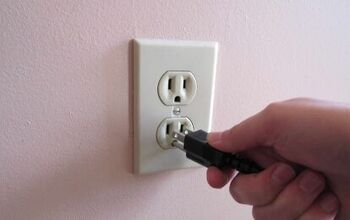Why Is My AC Evaporator Freezing Up?

It’s nearly impossible to feel comfortable at home without a reliable HVAC system. Each component of your air conditioner from the filter and condenser to the evaporator coil is prone to problems. So, why is my AC evaporator freezing up?
Check and replace your air filter if your AC evaporator is freezing up, as dirt and debris can cause this problem. An evaporator coil can also freeze if the ductwork is clogged and the return vents are blocked or closed. This also occurs if the condensate drain line gets obstructed or the AC fan breaks.
It’s a great idea to have HVAC technicians service your AC once a year. That way, they can clean your evaporator coil and drain line as needed. Follow along as we explore why your AC evaporator is freezing up and highlight solutions.
Why Is My Evaporator Coil Frozen?
1. Low Refrigerant Level
Refrigerant is essential for an AC unit to absorb and release heat throughout the system. Without refrigerant, this exchange won’t happen, and it can explain why your AC evaporator is freezing up. Several signs indicate that your refrigerant level is low, such as high bills, and a long cool-down time.
You can also tell that you’re low on refrigerant if water pools near your AC or furnace.
2. Clogged Air Filter
Air filters are easy to ignore, but doing so can cause major problems. HVAC systems rely on air filters to catch debris and dust that would otherwise spread throughout your home. Air filters quickly become dirty, as dust and debris constantly move through your ductwork.
Clogged filters create airflow problems that strain your AC and can make the evaporator coil freeze. Another sign that your filter is frozen is that the airflow from your return vents is weak. You can avoid this problem if you change your filter every 3 months.
Air filters get dirty much faster in homes with pets. This is also true for homeowners who don’t regularly clean and dust their homes.
3. Obstructed Condensate Drain Line
Air conditioners create condensation, and drain lines remove it from your home. Condensate drain lines collect moisture, remove it, and drain it into a pan. Much like any drain, condensate drain lines can become clogged.
Debris can lodge itself within a drain line and create a problematic blockage. Drain lines are also prone to mold and mildew because of the combination of darkness and moisture. It doesn't take much to clog a drain line, whether it be leaves, dirt, dust, or animal hair.
Once it becomes clogged, moisture will become trapped within your HVAC system. This can make your AC evaporator coil freeze. You should clean your AC condensate drain line once every 3 months to avoid clogs.
4. Dirty Coils
Evaporator coils are susceptible to dirt and grime like any other part of your HVAC system. That’s especially true if your air filter and ductwork are dirty. HVAC technicians typically inspect and clean evaporator coils during basic service visits.
Otherwise, you can find commercial coil cleaners that make it easy to remove grime. You must turn your AC off before you clean the evaporator coil. That way, the ice will melt and it will be much easier to clean the coil.
It helps to vacuum the dirt and dust off the coil before you clean it. Next, you can simply use a small brush and coil cleaner solution to scrub the coil.
5. Clogged Ductwork
Evaporator coils often freeze when there is insufficient airflow. This stops the exchange of warm air that would otherwise stop your coils rom freezing. Air ducts quickly become dirty because of dirt, dust, debris, dead skin cells, and animal hair.
Ductwork can also get clogged with mold and mildew in homes with excessive moisture. Unfortunately, the average homeowner cannot clean their ductwork, as it requires special HVAC tools. That said, most HVAC contractors offer services to clean clogged air ducts.
The average homeowner must clean their air ducts every 4 years, but they can become dirty in as little as 3 years. It costs an average of $700 to get your ductwork professionally cleaned. However, the price can range between $400 and $1,000, depending on your home’s size and the severity of the clog.
6. Blocked Return Vents
Have you recently closed the return vents in your home? There’s nothing wrong with closing your return vents every once in a while, but it can cause problems. The airflow in your home becomes constricted if you close all the return vents.
This can also happen if you block your return vents with furniture, decorations, and plants. That’s why you must not block or close your return vents all the time. The lack of airflow from the vents through the ducts can explain why your AC evaporator is freezing up.
The pressure within the ductwork, combined with the temperature, can strain your HVAC system. This can cause your AC to short cycle and over-exert itself. If you must close your return vents, try to leave them at least slightly open to not block the airflow. Never close more than ¼ of the return vents in your home.
7. Poor Fan Speed
AC fans are essential to circulate air throughout your home, and they are prone to problems. They often last the lifespan of your AC unit, but that’s not always the case. AC fans sometimes experience drops in speed that can affect the airflow in your home.
This can happen because of blower motor problems due to a strained HVAC system. Once the fan slows down, air won’t circulate strongly or quickly enough. This can cause ice to form on your evaporator coil and your AC may freeze up.
Blower motors turn on AC fans, and that’s not possible with a faulty blower motor. Luckily, it’s relatively cheap and easy to replace an AC fan or blower motor. It costs an average of $450 to replace an AC fan, and $550 to replace a blower motor.
How Much Does It Cost To Replace An Evaporator Coil?
It costs between $500 and $2,500 to replace an air conditioner’s evaporator coil. This varies based on the cost of parts and labor as well as the type of evaporator coil your AC requires. You could spend as little as $400 on the part, but the cost can exceed $1,800.
The average homeowner spends $375 on labor alone, but labor can cost as much as $600. You can save a small fortune if you buy the evaporator coil and replace it without professional help. That said, this is risky if you have no HVAC experience, so it’s worth hiring a technician.
Summing It Up
AC evaporator coils freeze because of refrigerant leaks, clogged air filters, and obstructed ductwork. Check your evaporator coil to see if it’s dirty or if your AC is freezing up. Otherwise, your AC evaporator could be freezing up because of a faulty van or blocked return vents.
Related Guides:

Nick Durante is a professional writer with a primary focus on home improvement. When he is not writing about home improvement or taking on projects around the house, he likes to read and create art. He is always looking towards the newest trends in home improvement.
More by Nick Durante












